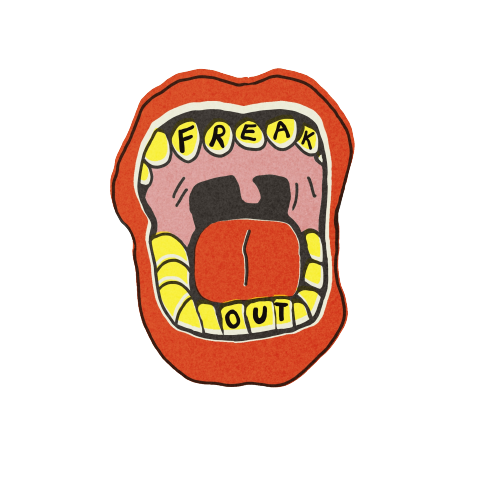NOSTALGIA
Earlier this year The Strokes released a box set of singles from their first three albums, as well as B-Side tracks to a small collection of their hit songs. I had just moved back to London and was staying in an Airbnb with a collection of strangers who seemed to have an aversion to putting on the heating (although it had begun snowing outside the week after I landed). I felt out of place, alone, and, needless to say, fucking freezing.
I stood in the bathroom waiting for the water to heat up when I decided to let The Strokes’ latest box set release on Spotify be the soundtrack to my shower (the most important decision in one’s morning routine). A few moments later, on came I’ll Try Anything Once which is the B-side of their incredibly popular tune You Only Live Once. I stood frozen and let the sultry take on a such popular song enthrall me completely. This feeling of familiarity mixed with a new sound consumed me, more so than any piece of new music I’ve listened to all year. Granted, this track was released in 2008 but because it wasn’t on Spotify and I am lazy, I was none the wiser. In the words of Donna Tartt ‘I am nothing in my soul if not obsessive’ so you can bet I have played that song at least a thousand times in the last 3 months and I get that same nostalgic feeling every. Single. Time.
This got me thinking, the need for a hit of nostalgia seems to be on the rise and accordingly, artists seem to be capitalizing on this in all different aspects of media. From house mixes of 2009 Timbland trending on tik tok to Greta Gerwig catering to our inner-child with the release of her latest film Barbie (2023), it feels as though nostalgia is being fed to us consistently. Earlier this month Daft Punk released a 10-year anniversary edition of their album Random Access Memories (although most would say their true nostalgic charm lies in albums released pre-Human After All) so surely it can’t be just me feeling like I’m constantly consuming the same comfort music I’ve listened to since being pre-teen?!
Earlier this year, I was lucky enough to get a ticket to the Arctic Monkey’s Brisbane leg of their current world tour in support of their seventh studio album, The Car. It was so interesting to me that with all the fresh material the band has released over the past four years, a mere five songs of their twenty-one track setlist were from their post-AM era. Alex Turner and the band clearly know their audience, the crowd (myself included) exuded little excitement when the more seductive sound of their more recent albums started over the speakers. Yet the moment they treated us with classics like I Bet You Look Good On The Dancefloor or From The Ritz To The Rubble the crowd went absolutely feral. Now, I’m not saying that popular songs being a hit at a concert is a hot take by any means, yet it’s interesting that a man like Alex Turner who prides himself in constantly evolving his sound would divert back to creating a setlist made up majorly of throw-backs.
Is the desperation for that hit of nostalgia a sign of the times? We are living in a post-pandemic world with talks of impending war constantly flooding our news sources, whilst also fielding our way through a cost-of-living and climate crisis. Studies have shown that nostalgia can stop the feeling of discontinuity - the lovely reminder of our impending demise- in its tracks. It has even been shown to heat up our body temperature, so that warm and fuzzy feeling you get when listening to that song you would obsess over as a teen but haven’t heard in forever is genuinely backed by science. That could explain why I opted for The Strokes’ while trying to defrost my extremities.
I digress, nostalgia can get a bad rap for being a ‘seductive liar’ when people get stuck on the notion of the good ol’ days and find their current life to be lacking. However, as the saying goes, too much of anything is a bad thing! Proceed with caution.
Nostalgia has been a powerful tool for artists over the years and with a seemingly general anxiety about the state of the current world, it makes sense that today’s musicians and filmmakers are going to capitalize on this.
